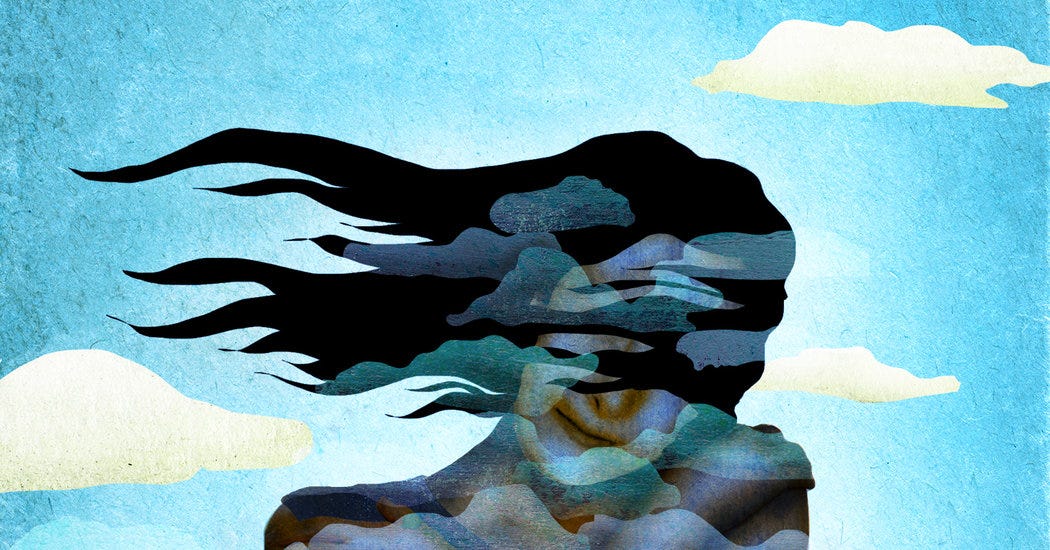

Without it, so much beauty of the world would go unnoticed. It is important as a need for personal expression, and also as a way of honouring what brings joy and sorrow. Poems are important moments that would otherwise be lost in time. In an interview published on she expressed her thoughts on poetry. Read more about this poetry form with a few examples here. It does not use consistent meter patterns, rhyme, or any musical pattern. It thus tends to follow the rhythm of natural speech. Read my first attempt at reviewing poetry below.īefore that let’s spend a couple of minutes to understand what free-verse poems are and what inspires the poet.įree verse is an open form of poetry which in its modern form arose through the French vers libre form. I have read Turquoise Silence, which is the only book available on Kindle. She enjoys reading poetry from around the globe as much as she enjoys writing them. In 2012, her first book ‘ A touch, a tear, a tempest‘ was nominated for the Muse India National Literary Awards.
The melancholy of all things done free#
Even after treatment, your symptoms may come back again later, but it’s possible to manage your depression with the help of your doctor and mental health professionals.She has written three collections of free verse poems – A touch, a tear, a tempest, Turquoise Silence and A Thousand Flamingos. Psychotherapy, or talk therapy, isn’t always as helpful for treating melancholic depression as other types of depression. ECT may change your brain chemical balance to relieve depression symptoms.

While you’re under general anesthesia, a technician sends electrical signals to your brain. If your other treatments don’t work, your doctor may suggest electroconvulsive therapy ( ECT) to relieve your symptoms. TCAs include these medications:Įlectroconvulsive therapy. Doctors often prescribe tricyclic antidepressants (TCAs) for melancholic depression, although they may also use other antidepressants and medications. Melancholic depression treatments may include a combination of medications and therapy.Īntidepressants. Waking up at least 2 hours earlier than you wanted.Depressed mood that’s worse in the morning than at night.Loss of appetite or significant weight loss.Despair not due to grief or loss of a loved one.You must also have at least three of these symptoms: You must have one or both of the two main symptoms of melancholic depression: loss of the ability to enjoy life or to respond to pleasurable activities in life.
The melancholy of all things done professional#
Your doctor or a mental health professional will diagnose your depression based on your signs and symptoms. These signals affect how you respond to your surroundings. You may also have changes in brain signals called neurons. This affects many different functions in your body, including your appetite, metabolism, and memory. With melancholic depression, you may have high levels of cortisol, a steroid hormone that’s made by your adrenal glands when you’re in stress. These glands release chemicals that regulate stress and appetite. This pathway is called the hypothalamic-pituitary-adrenal (HPA) axis. The hypothalamus, the pituitary gland, and adrenal glands may not be functioning correctly. People who have postpartum depression, or depression soon after giving birth, may also experience melancholic symptoms.Ĭhanges in your brain and hormonal pathways can contribute to melancholic depression. Melancholic depression symptoms may be worse at times of the year when there is less sunlight, when the days are shorter, or when it’s cold outside. People in your family tree may have had mood problems or even died by suicide. This type of depression tends to run in families. Melancholic depression symptoms usually happen later in life. Some research shows that about 70% of people with melancholic depression can also have musculoskeletal pain. Slowed movement of your head, limbs, or torsoīody aches.Eye movements like a fixed gaze or not making eye contact when you talk with people.Speech changes, or talking at different volumes or pausing when you speak.If you have melancholic depression, your behaviors may change. Poor-quality sleep from waking up too early.Melancholic depression is also characterized by: You can’t respond to pleasure in a positive way.You’ve lost the ability to enjoy activities in your life.Your movements and thoughts may slow down. You feel empty and unable to feel happiness. Melancholic depression is more likely to cause physical symptoms, not just feeling blue or tearful. But you can learn to manage your symptoms with the help of a mental health professional. It may also be harder to treat than other types of depression. Melancholic depression may have more severe symptoms than other types of depression. As many as 15%-30% of people with depression have this type. Melancholic depression is a type of depression that’s also called melancholia.


 0 kommentar(er)
0 kommentar(er)
